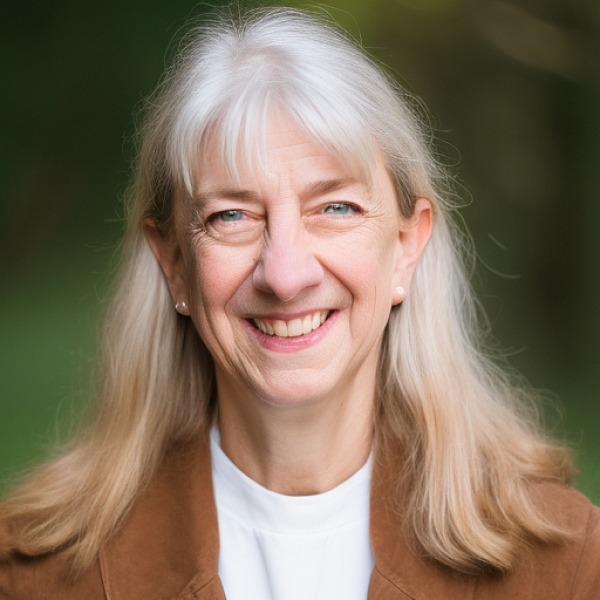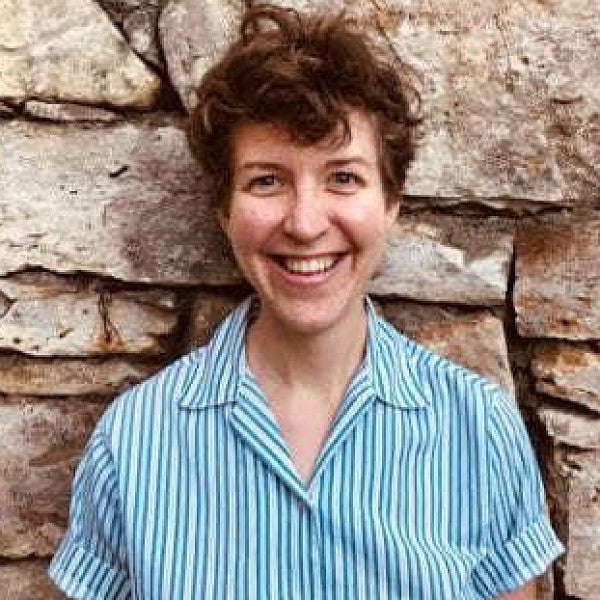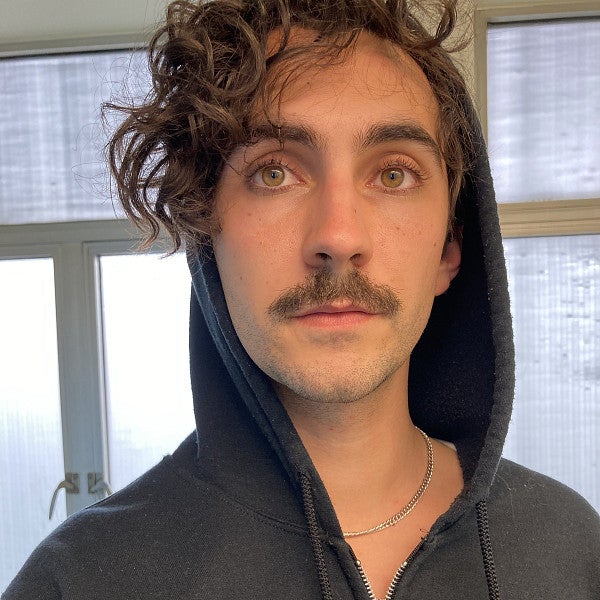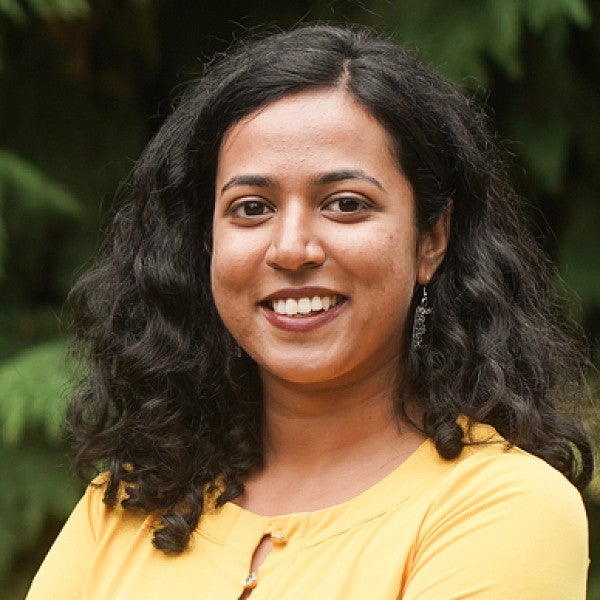Defending Democracy: 2023-24 affiliates and events

Representative Peter DeFazio
2023-24 Wayne Morse Chair of Law and Politics
Peter DeFazio served for 36 years as the U.S. Representative for Oregon’s 4th congressional district, making him the longest-serving member of Congress in Oregon history. Known as the “Tiger for the House” for his leadership on transportation, infrastructure, the environment, and progressive issues, he is, as his colleague Rep. Earl Blumenauer observed, “a legislative giant in the mold of his hero, Wayne Morse.”
\
Events
6:30–8:00 p.m.
Tim Alberta is an award-winning journalist, best-selling author, and staff writer for The Atlantic magazine. In 2019, he published American Carnage: On the Front Lines of the Republican Civil War and the Rise of President Trump. In November 2023, he will publish a new book, The Kingdom, the Power, and the Glory: American Evangelicals in an Age of Extremism. This event is part of the Wayne Morse Center's 2023-25 theme of inquiry, Defending Democracy, and is funded in part by the Lorwin Lectureship on Civil Rights and Civil Liberties. It will be recorded and available on the Wayne Morse Center YouTube channel a couple weeks post event.
6:00 p.m.
Dean Elizabeth Kronk Warner will deliver the Rennard Strickland Lecture. Remote participation is available via Zoom. A brief Q&A session and reception will follow the lecture.
The Environmental and Natural Resources Law Center established the Rennard Strickland Lecture series to honor the legacy of late Oregon Law dean Rennard Strickland. Strickland was Osage, a citizen of the Cherokee Nation, and widely regarded as a leader in Indian law and policy. The lecture's focus is Indigenous environmental leadership and community vision for the twenty-first century.
Elizabeth Kronk Warner is the Jefferson B. & Rita E. Fordham Presidential Dean and Professor of Law at the S.J. Quinney College of Law at the University of Utah. Dean Kronk Warner is a nationally recognized expert in the intersection of Environmental and Indian law. Former supervisor of the Tribal Judicial Support Clinic at the University of Kansas School of Law, she has taught courses in Property, Indian, Environmental, and Natural Resources Law and also teaches and coaches several moot court competition teams. Dean Kronk Warner has received several teaching excellence awards, co-authored several books on envionmental issues and Native Americans, and has over 40 articles and book chapters to her credit. A citizen of the Sault Ste. Marie Tribe of Chippewa Indians, Dean Kronk Warner has served as an appellate judge for the Tribe and as a district judge for the Prairie Band Potawatomi Tribe. Learn more: https://faculty.utah.edu/u6024740-Elizabeth_Kronk_Warner/hm/index.hml.
7:00–8:30 p.m.
This event features UO Sociology professor C. J. Pascoe discussing her new book, Nice Is Not Enough: Inequality and the Limits of Kindness at American High, which was published in August 2023.
Nice is Not Enough tells the story of American High School, a school characterized by acceptance, connection, and kindness—a school where, a prominent sign states, “there is no room for hate.” This book describes how American High, like many high schools, uses a “regime of kindness” to address persistent inequalities. By examining how this regime of kindness works at American High, Nice is Not Enough shows the limits of this approach and suggests ways we might begin to dismantle systemic inequalities in high school and beyond.
Pascoe's research focuses on inequality, youth and schooling. She is an award-winning teacher and associate professor of sociology at the University of Oregon where she teaches classes on schools, inequality, social psychology and sexuality. She is also a co-editor of academic journal Socius: Sociological Research for a Dynamic World. Her book, Dude, You’re a Fag: Masculinity and Sexuality in High School, won the American Educational Research Association’s 2007 Book of the Year Award as well as an honorable mention for the American Sociological Association's Section on Sex and Gender’s Distinguished Book Award.
12:30–2:00 p.m.
Predictions and analysis with an all-star panel featuring UO professors and policy experts Stuart Chinn, Alison Gash, Chandler James, Neil O'Brian, and Dan Tichenor. Stuart Chinn is the Frank Nash Professor of Law. He writes and teaches about constitutional law, legislation, and legal and political history. The author of Recalibrating Reform: The Limits of Social Change (Cambridge), his work has also appeared in many peer-reviewed venues and law reviews. Alison Gash is a professor of political science whose research focuses on the intersection of law and social policy. She is the author of Below the Radar: How Silence Can Save Civil Rights (Oxford) and her work has appeared in Newsweek, Politico, Fortune, Washington Monthly, Slate, LA Times, Chicago Tribune, and The Conversation. Chandler James is an assistant professor of political science who specializes in American politics, with a focus on the U.S. presidency. His research has been published in Presidential Studies Quarterly and has been supported by the American Political Science Association, the University of Chicago Council on Advanced Studies, and the Bradley Foundation. Neil O’Brian is an assistant professor of political science who studies U.S. politics, focusing on public opinion, political parties and polarization. Neil’s recent work examines how people’s perceptions of politics and current events affect their political attitudes. He is writing a book on the 1960s racial realignment and its effect on party polarization. Daniel Tichenor is the Philip H. Knight Chair of Social Science and a Senior Scholar and Program Director at the Wayne Morse Center. He has published numerous books and articles on national political institutions, social movements, immigration, labor, and civil rights. His most recent books are Rivalry and Reform (Chicago) and with Alison Gash, Democracy's Child (Oxford).
5:30–7:00 p.m.
Linda Greenhouse is a Pulitzer Prize-winning legal journalist. She covered the Supreme Court for The New York Times between 1978 and 2008 and is currently Senior Research Scholar in Law at Yale Law School.
This event is part of the Wayne Morse Center for Law and Politics 2023-25 theme, Defending Democracy. It is funded in part by the Lorwin Lectureship on Civil Rights and Civil Liberties. Check out the resource guide created by the UO Law Library for this event.
12:30–2:00 p.m.
Alexandra Filindra, associate professor of political science and psychology at University of Illinois Chicago, will visit the University of Oregon to discuss her new book.
Race, Rights, and Rifles examines the ties between American gun culture and white male supremacy from the American Revolution to today.
Although many associate gun-centric ideology with individualist and libertarian traditions in American political culture, Race, Rights, and Rifles shows that it rests on an equally old but different foundation. Instead, Alexandra Frilindra shows that American gun culture can be traced back to the American Revolution when republican notions of civic duty were fused with a belief in white male supremacy and a commitment to maintaining racial and gender hierarchies.
Drawing on wide-ranging historical and contemporary evidence, Race, Rights, and Rifles traces how this ideology emerged during the Revolution and became embedded in America’s institutions, from state militias to the NRA.
Alexandra Filindra specializes in American gun politics, immigration policy, race and ethnic politics, public opinion, and political psychology. Filindra received her Ph.D. from Rutgers University and served as a post-doctoral researcher at Brown University’s Taubman Center for Public Policy and American Institutions and the Center for the Study of Human Development. The author of more than 30 peer-review articles, Filindra has received research grants from the University of Illinois Chicago, the Pew Center for the States, the Russell Sage Foundation, the Bill and Melinda Gates Foundation, and the Rhode Island Foundation. She is the recipient of three best paper awards from the American Political Science Association and the Lucius Barker Award from the Midwest Political Science Association. A second book on gun politics (with Noah Kaplan) is under contract with New York University Press.
12:30–2:00 p.m.
Featuring Jane Junn, USC Associates Chair in Social Sciences and Professor of Political Science and Gender and Sexuality Studies at University of Southern California.
Exploring original data on American voters and gender roles, Junn will discuss how U.S. women respond in uneven and sometimes surprising ways to sexism and limits on women’s rights.
Junn studies public opinion, political behavior, and survey methodology, including work on the relationship between education and public participation, Asian American political participation, and gender and politics. She is the author or editor of five books, including The Politics of Belonging: Race, Public Opinion, and Immigration (2013), with Natalie Masuoka.
This event is part of the Wayne Morse Center's Public Affairs Speaker Series.
5:30–7:00 p.m.
Join us for the annual Wayne Morse Chair lecture featuring Representative Peter DeFazio, 2023-24 Wayne Morse Chair.
Rep. DeFazio served for 36 years as the U.S. Representative for Oregon’s 4th congressional district, making him the longest-serving member of Congress in Oregon history.
Congressman DeFazio chaired the influential House Transportation and Infrastructure Committee, which has jurisdiction over highways and transit, ports and water resources, railroads, aviation, economic development, and the Coast Guard. Among his many accomplishments as committee chair, he increased federal investment in America’s infrastructure by more than $550 billion.
Rep. DeFazio previously served as the ranking member on the House Natural Resources Committee, where he focused on energy, federal lands, ocean and fisheries, and Native American issues. A native of Massachusetts and a veteran of the United States Air Force Reserve, he previously was a county commissioner in Lane County.
Rep. DeFazio voted against and refused to accept every congressional pay raise while the government was deficit spending. Instead, he used his pay raises to fund scholarships at five southwestern Oregon community colleges.
4:00–5:30 p.m.
This public event will feature the work of two scholars and activists: Jennifer O'Neal, Assistant Professor in the UO Department of Indigenous, Race, and Ethnic Studies and current Resident Scholar at the Wayne Morse Center for Law and Politics; and Kirsten Thorpe, Chancellor’s Indigenous Research Fellow at the Jumbunna Institute for Indigenous Education and Research at the University of Technology, Sydney, Australia. The event will focus, in particular, on the UN Declaration on the Rights of Indigenous Peoples.
noon
Featuring Kevin Esterling, Professor and Chair of Political Science at UC-Riverside. Esterling directs the Laboratory for Technology, Communication, and Democracy at UC-Riverside, developing new technology to advance more constructive, informed, and inclusive public communications.
Part of the Wayne Morse Center's Public Affairs Speaker Series.
12:15–1:45 p.m.
Featuring Alexandra Filindra, associate professor of political science and psychology at University of Illinois Chicago.
Filindra's new book Race, Rights, and Rifles examines the ties between American gun culture and white male supremacy from the American Revolution to today.
Although many associate gun-centric ideology with individualist and libertarian traditions in American political culture, Race, Rights, and Rifles shows that it rests on an equally old but different foundation. Instead, Alexandra Frilindra shows that American gun culture can be traced back to the American Revolution when republican notions of civic duty were fused with a belief in white male supremacy and a commitment to maintaining racial and gender hierarchies.
Drawing on wide-ranging historical and contemporary evidence, Race, Rights, and Rifles traces how this ideology emerged during the Revolution and became embedded in America’s institutions, from state militias to the NRA.
Alexandra Filindra specializes in American gun politics, immigration policy, race and ethnic politics, public opinion, and political psychology. Filindra received her Ph.D. from Rutgers University and served as a post-doctoral researcher at Brown University’s Taubman Center for Public Policy and American Institutions and the Center for the Study of Human Development. The author of more than 30 peer-reviewed articles, Filindra has received research grants from the University of Illinois Chicago, the Pew Center for the States, the Russell Sage Foundation, the Bill and Melinda Gates Foundation, and the Rhode Island Foundation. She is the recipient of three best paper awards from the American Political Science Association and the Lucius Barker Award from the Midwest Political Science Association.
This event is part of the Wayne Morse Center's Public Affairs Speaker Series and is free and open to the public. Free pizza will be available for attendees.
12:30–2:00 p.m.
Stephanie Ternullo, assistant professor in the government department at Harvard, will discuss her new book, How the Heartland Went Red: Why Local Forces Matter in an Age of Nationalized Politics.
How the Heartland Went Red shows how place informs Americans’ partisan attachments through a comparative study of three White, postindustrial cities during the 2020 presidential election. The book argues that we can best understand the reddening of the American Heartland by examining how local contexts have sped up or slowed down White voters’ turn toward the right.
6:00–8:00 p.m.
The 2023-24 Lorwin Lecture on Civil Rights and Civil Liberties will be presented by award-winning author, educator, and lawyer Anita Hill.
The free tickets for this event are sold out. Seats that are not claimed by 5:45 will be released on a first-come, first-serve basis.
Other options for viewing:
- Get a free ticket to watch the livestream in 156 Straub Hall.
- Watch the event in real time or on demand by registering for the Zoom event. To watch the event later, you must register for the Zoom event.
The talk will explore what this committed feminist fighter has learned from her advocacy around issues of gender violence and the perils and promises our current moment holds for "feminist futures."
Hill is a professor of social policy, law, and women’s studies at Brandeis University. Hill’s most recent book is Believing: Our Thirty-Year Journey to End Gender Violence (2021), which is a University of Oregon Common Reading selection for 2023-24.
This is a concluding event to the year-long 50th anniversary celebrations of CSWS and is presented in partnership with the Wayne Morse Center for Law and Politics. It is cosponsored by the UO Division of Equity and Inclusion, Oregon Humanities Center, and Office of the Vice President for Research and Innovation.
6:00–7:30 p.m.
Nicholas Kristof, New York Times columnist, Pulitzer Prize winner, and best-selling author, will give a talk based on his new book. Join us in person or watch the livestream. Since 1984, Nicholas Kristof has worked almost continuously for The New York Times as a reporter, foreign correspondent, bureau chief, and now columnist, becoming one of the foremost reporters of his generation. Here, he recounts his event-filled path from a small-town farm in Oregon to every corner of the world. Reporting from Hong Kong, Beijing, and Tokyo, while traveling far afield to India, Africa, and Europe, Kristof witnessed and wrote about century-defining events: the Tiananmen Square protests and massacre, the Yemeni civil war, the Darfur genocide in Sudan, and the wave of addiction and despair that swept through his hometown and a broad swath of working-class America.
Kristof writes about some of the great members of his profession and introduces us to extraordinary people he has met, such as the dissident whom he helped escape from China and a Catholic nun who browbeat a warlord into releasing schoolgirls he had kidnapped. These are the people, the heroes, who have allowed Kristof to remain optimistic. Side by side with the worst of humanity, you always see the best.
Kristof is an op-ed columnist for The New York Times, where he was previously bureau chief in Hong Kong, Beijing, and Tokyo. He is the coauthor, with his wife, Sheryl WuDunn, of five previous books: Tightrope, A Path Appears, Half the Sky, Thunder from the East, and China Wakes. He was awarded two Pulitzer Prizes, one with WuDunn in 1990 for their coverage of China, and the second in 2006 for his columns on Darfur.
This event is part of the Wayne Morse Center's 2023-25 theme of inquiry, Defending Democracy. A book signing will follow the event, and books will be available to purchase.





